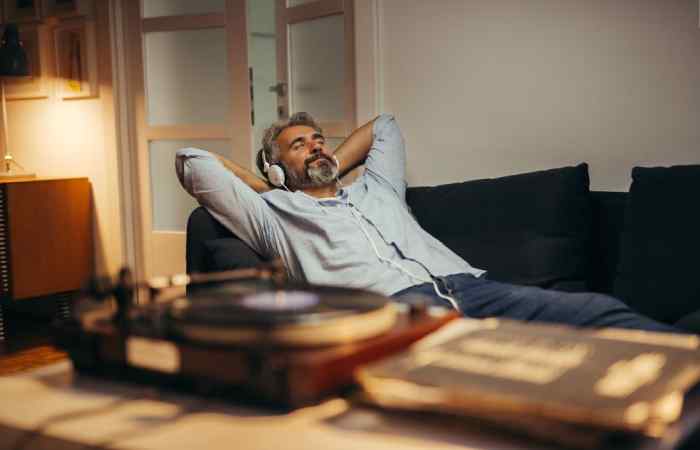In today’s world, the pressure to do more, achieve more and keep up with a constantly moving society often leaves us running on empty. Productivity culture tells us that the faster we go, the more successful we’ll be. Yet both science and common sense suggest the opposite: slowing down is often the best way to speed up.
This paradox, though counterintuitive, is becoming increasingly clear in the fields of health and wellness. Rest and recovery aren’t signs of laziness; they’re essential tools for resilience, performance and long-term wellbeing.
Table of Contents
The Science of Rest
Our bodies and minds weren’t designed to operate at full capacity without breaks. Physiologically, stress triggers the release of cortisol and adrenaline. These hormones prepare us for short bursts of action. However, prolonged exposure to stress hormones leads to fatigue, poor concentration, weakened immunity and even long-term health problems.
Rest, whether in the form of sleep, downtime, or intentional breaks during the day, gives the nervous system time to reset. Studies show that people who incorporate rest into their daily lives not only perform better at work but also feel more creative, focused and emotionally balanced. Slowing down really is an investment in speeding up later.
The Mental Reset
We often think of rest as physical, but mental rest is just as crucial. When you’re constantly scrolling, multitasking, or worrying, your brain is never truly still. It’s like running a marathon without ever pausing for water.
Taking intentional breaks, whether through meditation or simply stepping outdoors – allows the brain to enter what neuroscientists call the ‘default mode network.’ This resting state is where creativity flourishes and problem-solving skills sharpen. Many breakthrough ideas don’t happen while staring at a spreadsheet; they emerge while walking in nature, cooking a meal, or even daydreaming.
Why Slowing Down Feels So Hard
If rest is so beneficial, why do we resist it? Much of it comes down to culture. We live in a world that equates busyness with worth, where long hours and constant availability are seen as badges of honour. Slowing down feels indulgent, even irresponsible.
But this belief comes at a cost. Burnout is now recognised by the World Health Organization as an occupational phenomenon and mental health challenges linked to overwork are on the rise. Reframing rest not as wasted time but as fuel for greater productivity and health is the first step toward embracing its power.
Rest in Practice: Everyday Strategies
You don’t have to book a month-long retreat to reap the benefits of rest. Small changes to daily routines can make a profound difference. For instance, short pauses: Step away from your desk every hour. Stretch, walk, or simply close your eyes and breathe deeply. Set digital boundaries. Ensure phone-free times in the morning or before bed to reduce mental clutter. Gentle activities like yoga, walking, or gardening provide both relaxation and movement – this is called ‘active rest’ and can be simultaneously stimulating and relaxing. And of course, prioritise between seven and nine hours of quality sleep by creating a calming pre-bed routine.
These moments of slowing down may feel small, but they accumulate into meaningful shifts in health and productivity.
The Power of Getting Away
Sometimes, the best rest comes from a change of scenery. Escaping the daily grind, even just for a weekend, can work wonders for mental and physical health. Imagine trading office emails for countryside walks, or city traffic for fresh air and starry skies.
This is where short breaks, like a stay at a holiday park in Worcestershire, become more than just leisure. They’re opportunities for the body to recharge and the mind to find clarity. Surrounded by green space, away from screens and deadlines, the nervous system relaxes and energy is restored. Upon returning, people often feel sharper, more motivated and more creative. All proof of the paradox in action!
Slowing Down as a Lifestyle
Ultimately, the paradox of rest is about more than just weekends away or catching up on sleep. It’s about cultivating a lifestyle that values balance. Instead of viewing rest as a reward for hard work, it can be seen as part of the process and a necessary component of thriving in both health and life.

